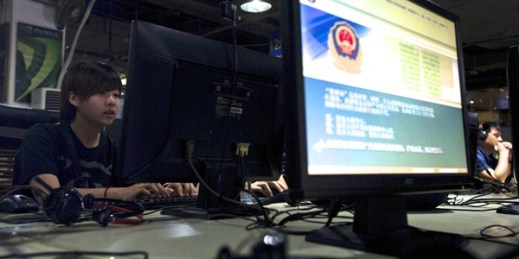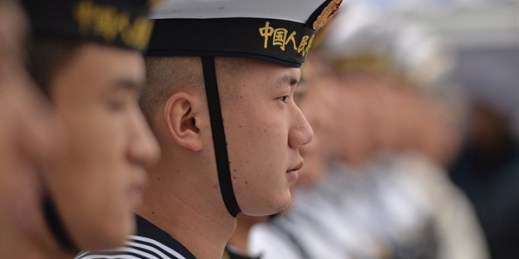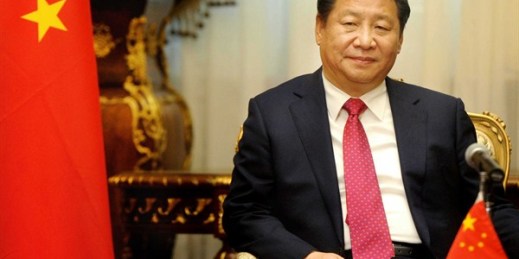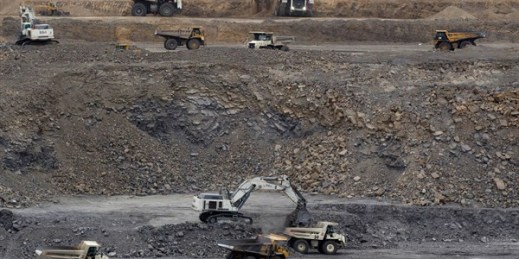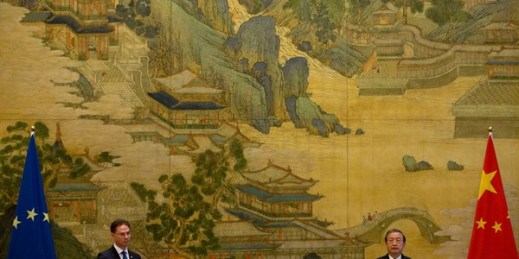
In this special edition of the Trend Lines podcast, WPR Editor-in-Chief Judah Grunstein and host Peter Dörrie talk about China’s rise as an economic and political power and the implications for Asia and the rest of the world. The discussion coincides with a panel WPR is sponsoring on China’snaval, economic and cyber ambitionsand the implications for the U.S. at the St. Petersburg Conference on World Affairs on Feb. 19. Listen:Download: MP3Subscribe: iTunes | RSS Relevant articles on WPR: The Challenge of China’s Bid for Cyber Suzerainty China’s Naval Modernization: Where Is It Headed? Do China’s Global Economic Ambitions Really Threaten […]

